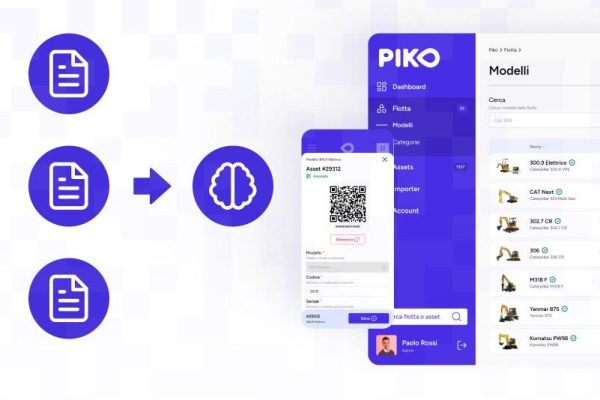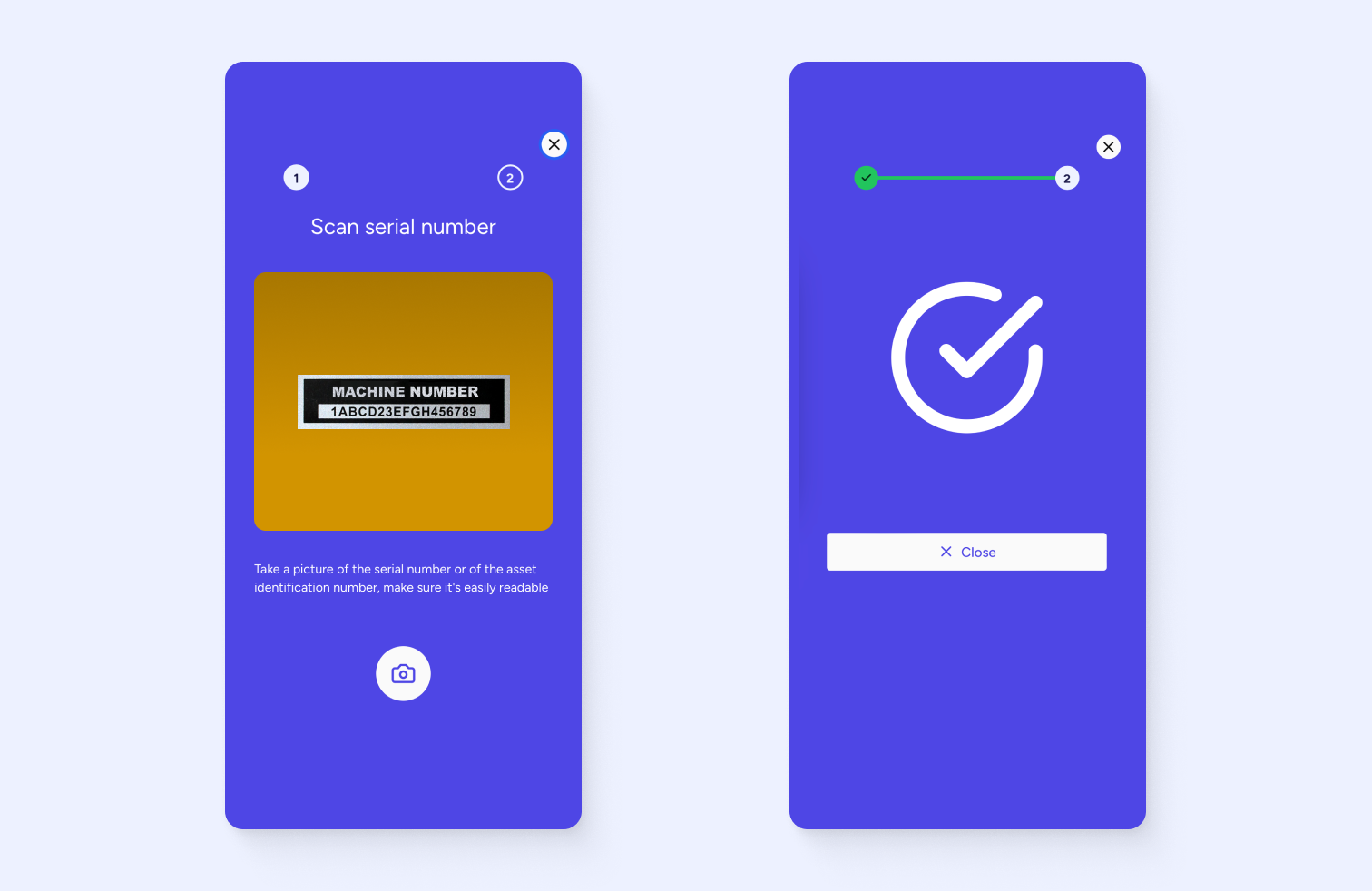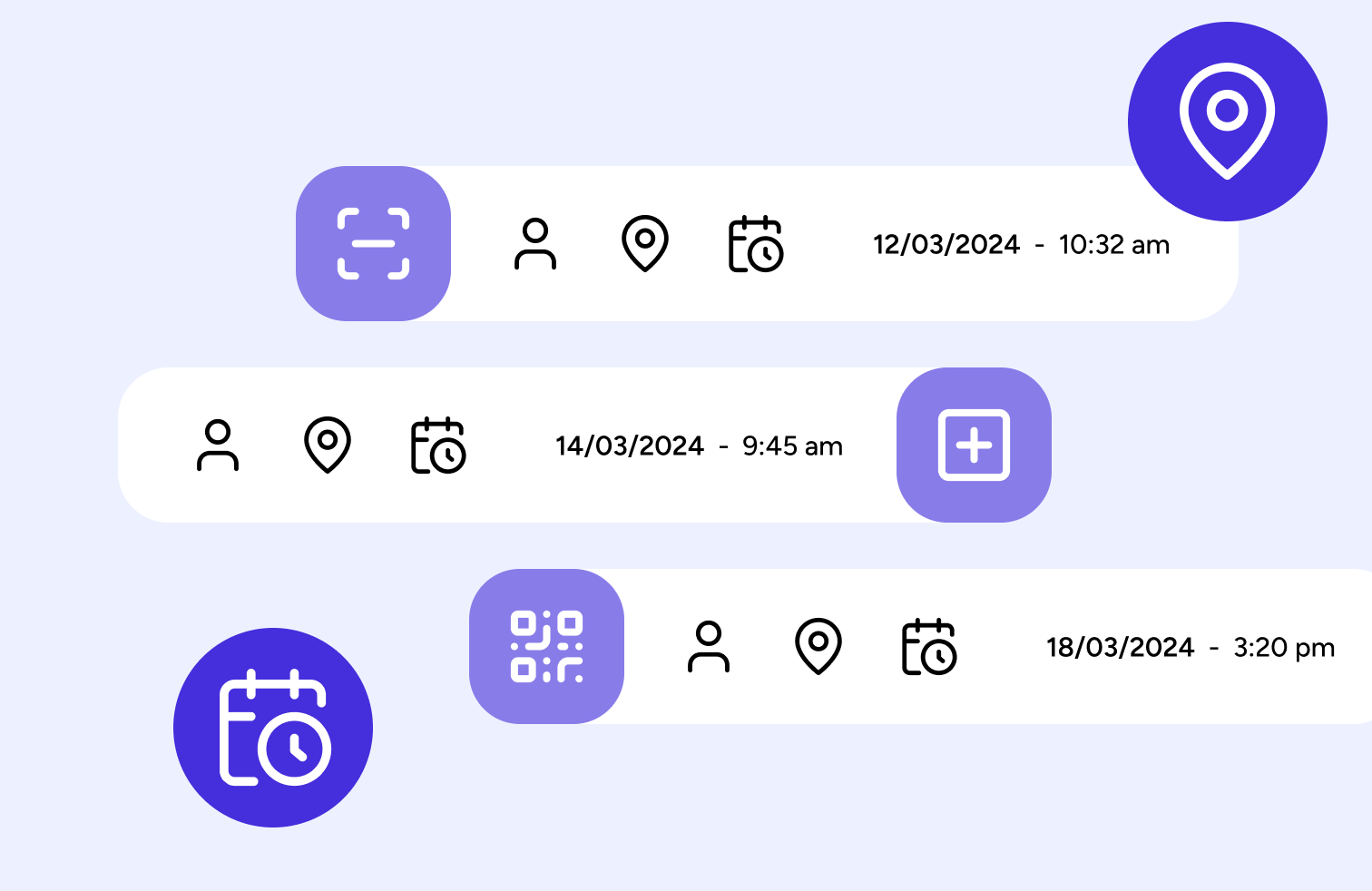What is Intelligent Document Processing (IDP)? AI powered document processing

IDP solutions leverage for precise entity extraction and classification, positioning companies to enhance operational efficiency. By minimizing manual data entry and reducing the risk of human errors, Intelligent Document Processing significantly cuts down on costs and time. Moreover, it allows organizations to scale their document handling capabilities, adapt to changing needs, and improve customer experience by automating tedious tasks. As such, IDP represents a forward-thinking strategy that aligns perfectly with contemporary business demands, paving the way for enhanced productivity and compliance.
What is document processing?
Document processing encompasses various tasks essential for managing documents within organizations. It involves capturing, classifying, extracting, and validating information from both paper and digital documents. Traditional methods often rely significantly on manual labor, which can lead to time-consuming and error-prone operations. In contrast, automated document processing utilizes advanced technologies to streamline these tasks.
With automated document processing, businesses can achieve remarkable efficiency. This technology enables the system to capture information from diverse document types and automate the flow of data. Enhanced processing documents facilitate faster decision-making and improve record-keeping accuracy.
Automated document processing - what is intelligent document processing?
Automated document processing revolutionizes how organizations handle paperwork, simplifying tasks that once required substantial human effort. This technology focuses on minimizing manual intervention while maximizing efficiency. Intelligent Document Processing (IDP) takes this a step further by integrating advanced AI capabilities that allow systems to comprehend document content contextually.
In contrast to basic methods, which primarily digitize text, IDP can identify and classify documents based on types. This intelligent automation enables businesses to extract essential data effectively. The impact on efficiency is remarkable; manual processing typically takes 2-3 minutes per document, whereas IDP can complete the same task much faster.
Another critical advantage of intelligent document processing lies in its accuracy. IDP systems can reach nearly 100% accuracy, enhancing data integrity which is essential for organizations in many industries.
AI document processing
AI document processing represents a significant advancement in the field of document management. By implementing artificial intelligence document processing, organizations can enhance how they handle various documents, such as contracts and invoices.
The integration of AI for document processing leads to increased efficiency, allowing businesses to reduce manual labor and improve accuracy in complex workflows. Systems equipped with AI capabilities can intelligently route tasks to the most suitable resources, whether human or artificial intelligence models, ensuring optimal results. This approach not only streamlines operations but also enhances accuracy and reduces operational costs.
AI document processing goes beyond the capabilities of early IDP solutions by continually evolving based on usage patterns. This adaptability ensures that businesses can maintain competitive advantages while effectively managing their document workflows. The result is a transformation in how documents are processed, offering substantial time and cost savings along the way.
How does intelligent document processing work?
Intelligent Document Processing (IDP) integrates advanced technologies to streamline document management tasks. It employs various methodologies to ensure the effective handling of information contained within unstructured document formats such as scanned images, PDFs, emails, and presentations. Grasping how does intelligent document processing work begins with understanding its key components.
AI document recognition
AI document recognition refers to the use of artificial intelligence techniques to extract and understand data from various types of documents including invoices, forms, contracts, and more. AI models can accurately extract text, tables, and even handwriting from scanned or digital documents. This automated process not only saves time and resources but also eliminates the potential for data entry mistakes.
AI-automated data extraction
AI document recognition utilizes advanced algorithms and machine learning to automatically extract information from various documents. By analyzing the layout and content of the documents, AI can accurately identify and extract key data points, such as names, dates, and invoice numbers. This technology eliminates the need for manual data entry, saving businesses valuable time and resources.
Automatic data processing
Following extraction, the system engages in automatic data processing. This stage involves applying predetermined workflows to the extracted data, enabling routing for various applications, such as payment processing or compliance audits.
AI document classification
The initial step includes AI document classification, where incoming documents are automatically categorized into predefined formats. AI algorithms recognize and label different document types, streamlining subsequent processing tasks. The ability to classify documents efficiently not only enhances productivity but also ensures that the appropriate information reaches the correct departments without delay.
Intelligent document processing benefits
Intelligent Document Processing (IDP) offers a range of advantages that significantly enhance operational workflows across various industries. Businesses can achieve remarkable operational efficiency through document processing automation, as IDP tools rapidly handle data extraction and processing tasks. This automation reduces costs and minimizes the human error that often occurs in manual processing.
The advantages of IDP extend to improved compliance. By maintaining accurate records and providing a digital audit trail, organizations can ensure adherence to regulatory requirements while enhancing data security. This stringent control helps businesses navigate complex compliance landscapes more effectively.
Intelligent document processing (IDP) for construction document management
In the construction industry, where large-scale projects and intricate workflows are the norm, managing an extensive array of documents can be daunting. The sheer volume and variety of documents—ranging from contracts and blueprints to regulatory filings—pose significant challenges. Intelligent Document Processing (IDP) offers innovative solutions for construction document management by automating tasks typically performed manually, thereby mitigating time-consuming processes and reducing the risk of errors.
Through intelligent document processing for construction, project managers can swiftly access critical information extracted from diverse sources. This not only allows for efficient project monitoring and management but also enhances collaboration among teams. It ensures that the latest versions of blueprints and contracts are readily available, which is crucial for compliance with legal and safety standards. The integration of advanced technologies enables to transform structured, semi-structured, and unstructured data into actionable insights, ultimately leading to improved project delivery.
Moreover, the adoption of document management in construction can result in cost savings and enhanced document security. By streamlining workflows through AI-driven solutions construction firms can better handle compliance and audit requirements, which are often resource-intensive.
Get started today! Book a free demo to see how PIKO can help you manage your fleet structure and assets. With features like bulk document uploads, QR codes for on-site access, and flexible access levels, you’ll have full control over your machinery’s documentation. Plus, our experts can assist with easy integration into your company’s systems.





